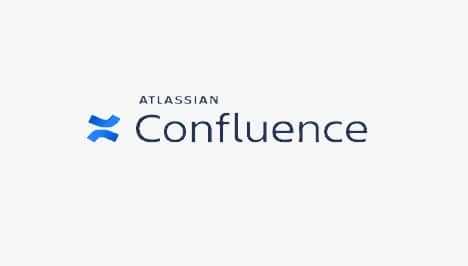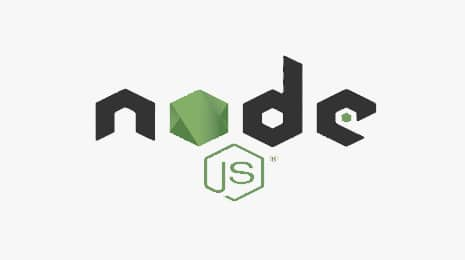Overview:
An Accessibility Test Engineer (ATE) in SAFe® ensures that software products and applications are accessible to users with disabilities. They collaborate with Agile teams to integrate accessibility requirements and practices into the development process, conduct accessibility testing, and provide guidance on accessibility best practices.
| Accessibility Test Engineer (ATE) | Skills |
|---|---|
Primary Responsibilities:
Secondary Responsibilities:
|
Technical Skills :
|
Soft Skills:
|
|
Tool Skills:
|




